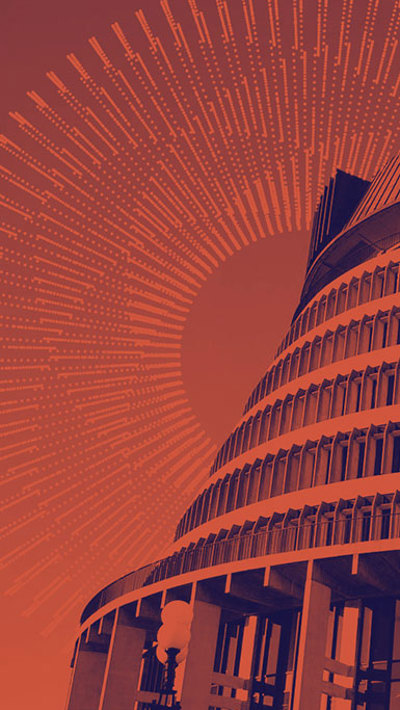Contents
Labour has a mandate to govern alone and, without New Zealand First, can accelerate its agenda but Prime Minister Jacinda Ardern’s inherent caution will continue to dictate the pace. We look at what to expect this term.
Softly, softly
Ardern remembers the searing disappointment when the Key Government reversed several of the policy changes the Clark Government had achieved so her leadership style is to sacrifice speed to durability. She will not run ahead of public opinion and will continue to seek change that can endure.
She will also be careful not to burn up her political capital or to antagonise the votes Labour brought across the line from National – the fact that Labour won the party vote in all but four seats speaks to this effect.
Another consideration that the Government will need to keep in mind is that the economy is in recession and businesses are in poor shape to be faced with extra costs or disruptive change.
All of these factors suggest continuing incrementalism. But Labour’s base will also be looking for positive change, and Ardern will not have forgotten her 2018 promise to be “transformational”.
Also, after famously devoting much of their first term to policy reviews, Labour is now entering the decision and implementation phases across a number of key areas.
Quick ticks
All of the jobs initiatives will be high on the ‘to do’ list – free apprenticeships, and trades training courses in industries affected by skills shortages, higher abatement thresholds for beneficiaries, the expansion of the Flexi-wage programme, the extension of the Small Business Cashflow Scheme, Jobs for Nature.
We also expect priority action on:
- implementation of the 39% rate on incomes over $180,000, to apply from 1 April 2021
- sign-off for the Auckland Light Rail project, which was thrown off the tracks last term by New Zealand First
- progress on the promised market study into the supermarket sector, and
- legislation for the new Matariki public holiday, to come into effect from 2022.
Structural reform
Much of the commentary regarding Labour’s first term was focused on its delivery failures – in particular, KiwiBuild and Capital Gains Tax. But a lot of the groundwork has been done across a number of portfolios, which is now on the point of delivering significant reform.
Health
Labour has accepted the direction of change identified in the Heather Simpson-led review into the health and disability system. We would expect that the new Government will move fairly quickly to create Health New Zealand, a new national agency to drive consistent operational policy and to lead the delivery of health and disability services, including through the District Health Boards, and the creation of a Māori Health Authority.
Resource Management Act (RMA)
The Randerson expert panel has recommended replacing the RMA with a Natural and Built Environments Act (which would reduce the number of RMA policy statements to 14) and a Strategic Planning Act. This will require a painstaking reform process and is potentially controversial. The fact that Labour does not need the Greens’ vote in the House will allow more radical reform than would otherwise have been the case, although Labour will also want to ensure that adequate environmental protections are retained.
Climate change
Labour advanced its 100% renewable electricity generation target to 2030 against advice from the Interim Climate Change Committee that the last few percentage points would be very expensive to achieve and that the resultant increase in electricity prices would slow the decarbonisation of the rest of the economy. Labour is hanging its hat on the Lake Onslow pumped hydro project and has allocated $30m to a business case analysis, but expert opinion is that the economics will be tricky.
In any eventuality, stronger mechanisms will be required to reduce transport and industrial heat emissions. Labour’s election policies in this regard were conspicuously timid – a nationwide roll-out of hydrogen refuelling stations, increased funding to support businesses to lower their vehicle emissions, fuel efficiency standards for new vehicles and $70m to help major industrial users decarbonise.
Labour market law
The legislation to introduce fair pay agreements will be passed. Labour owes it to the unions. But it will seek to avoid a fight with the business lobbies by focusing on the lowest paid industries.
Sick leave will also be doubled.
Water
Labour’s Three Waters Programme is already in gear and its water quality reforms will remain in place, although possibly with some further softening around the edges. The big issue is allocation, which will require addressing Māori interests in water and disturbing some existing water use rights. Labour will leave this in the too hard basket.
Housing
Labour’s election manifesto does not mention KiwiBuild but Labour is committed to significantly increasing the stock of public housing and to improving healthiness, warmth and security of tenure in the private sector rental market.


































































